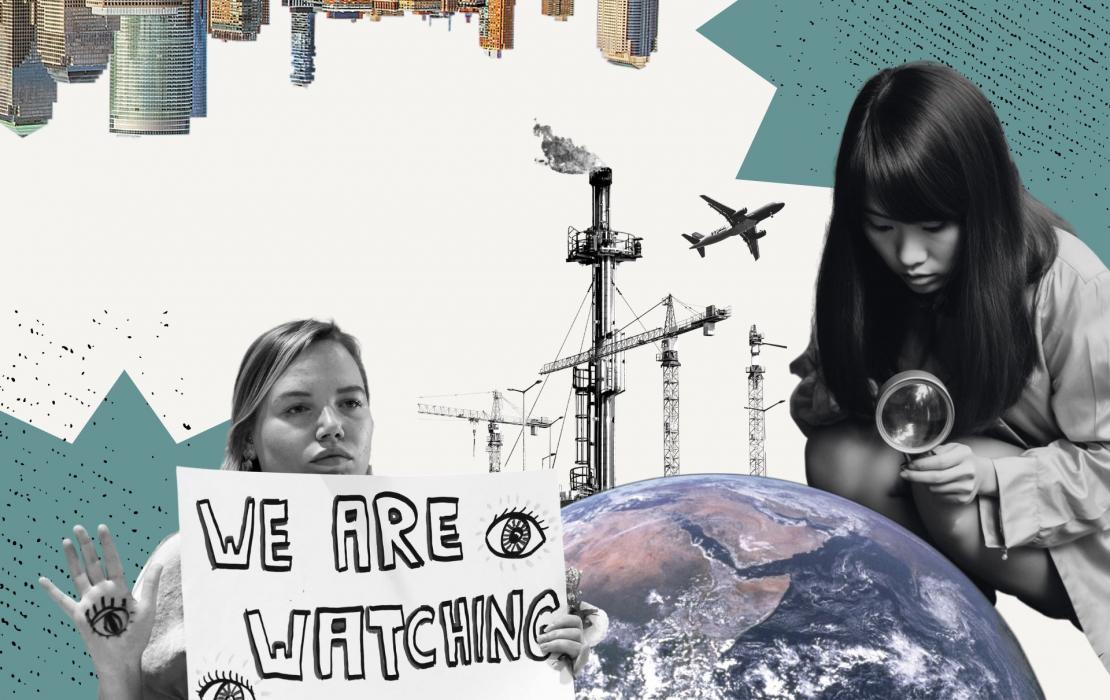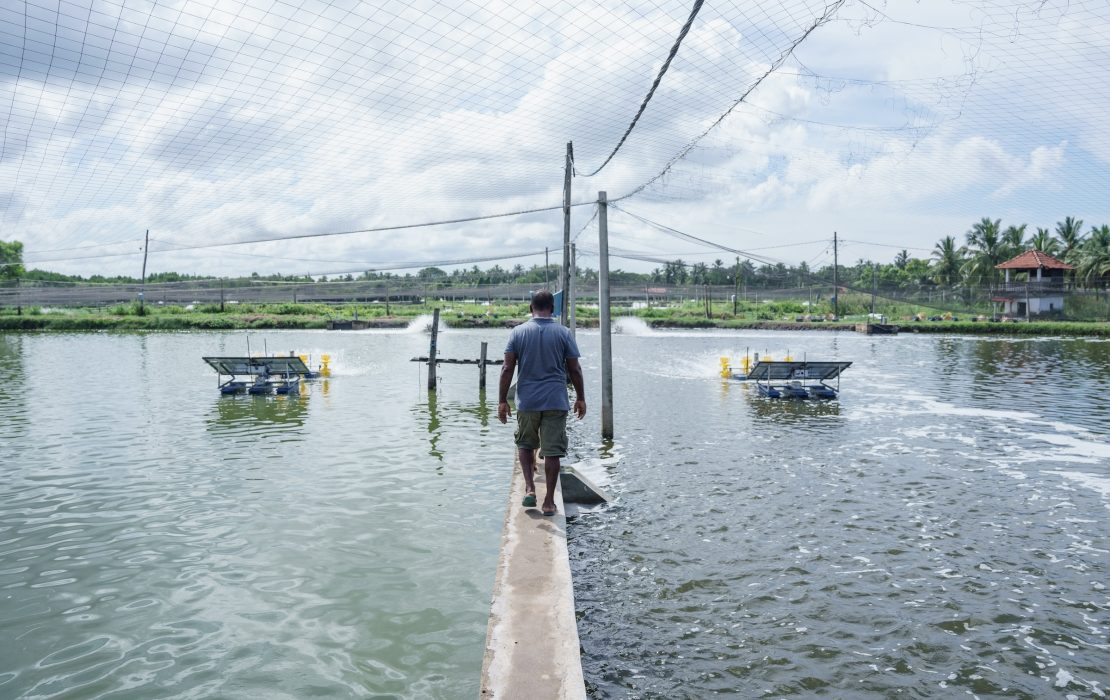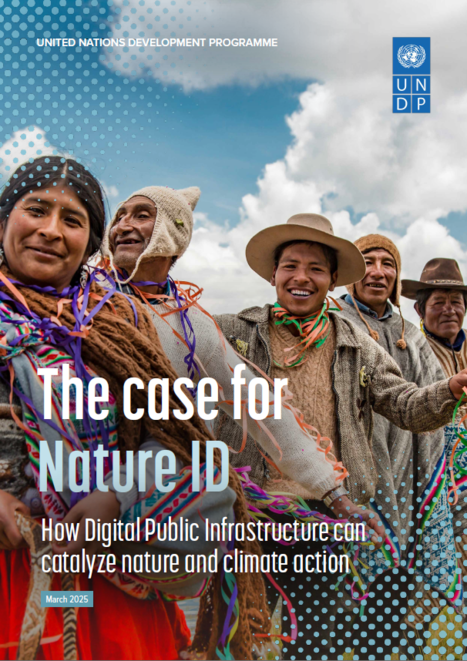Transparency is central to the Paris Agreement. It refers to the reliable measurement, accessible reporting, and expert review of the progress made by countries towards achieving their national climate goals and pledges.
Transparency helps build trust and confidence that everyone is doing their part to keep global warming to well below 2°C compared to pre-industrial levels, while striving for 1.5°C, the critical goal of the Paris Agreement. It is also key to unlocking climate finance by offering donors clear and reliable information regarding the work that has already happened and the support that is still required.
To uphold transparency commitments, countries need to track and report their greenhouse gas emissions, as well as the progress made towards the climate mitigation and adaptation targets in their Nationally Determined Contributions (NDCs). They are also required to monitor which measures they have applied and how effective they were as well as the types of support mobilized, provided, received or still needed, such as capacity building, technical assistance, technology transfer and financial resources.
Established under the Paris Agreement in 2015, the Enhanced Transparency Framework (ETF) provides a universal framework for countries to track progress towards achieving their climate commitments.
Under the Climate Promise, UNDP works with countries to intensify their data and transparency initiatives, particularly on fulfilling their obligations under the ETF and monitoring the progress on the implementation of their NDCs. UNDP supports countries in their efforts to achieve the ETF in three different ways:
- Meeting reporting commitments: We support over 50 countries in accessing funds from the Global Environment Facility (GEF) and developing their Biennial Transparency Reports and National Communications that are then submitted to the United Nations Framework Convention on Climate Change (UNFCCC).
- Building institutional capacity: We support over 30 countries in accessing funds from the GEF and implementing projects under the Capacity-building Initiative for Transparency, which focus on building the institutional set up and policy frameworks for long-lasting transparent reporting under the ETF.
- Technical advisory services: We provide tailored, in-country training and technical support to governments to be better equipped on transparency issues, as well as conduct South-South exchanges and training workshops to promote knowledge sharing.
Over the course of several decades, UNDP has supported more than 115 countries to comply with their reporting obligations to the UNFCCC and enhance their transparency frameworks. Over the past few years, we have been providing dedicated technical support on the new ETF reporting and review requirements to countries of the Lusophone and Francophone networks, with financial support from Belgium, in collaboration with the United Nations Environment Programme (UNEP).
UNDP’s work on transparency is possible thanks to close collaborations with key partners, including the GEF, UNEP, UNFCCC, Partnership on Transparency in the Paris Agreement (PATPA) and the Initiative for Climate Action Transparency (ICAT).








